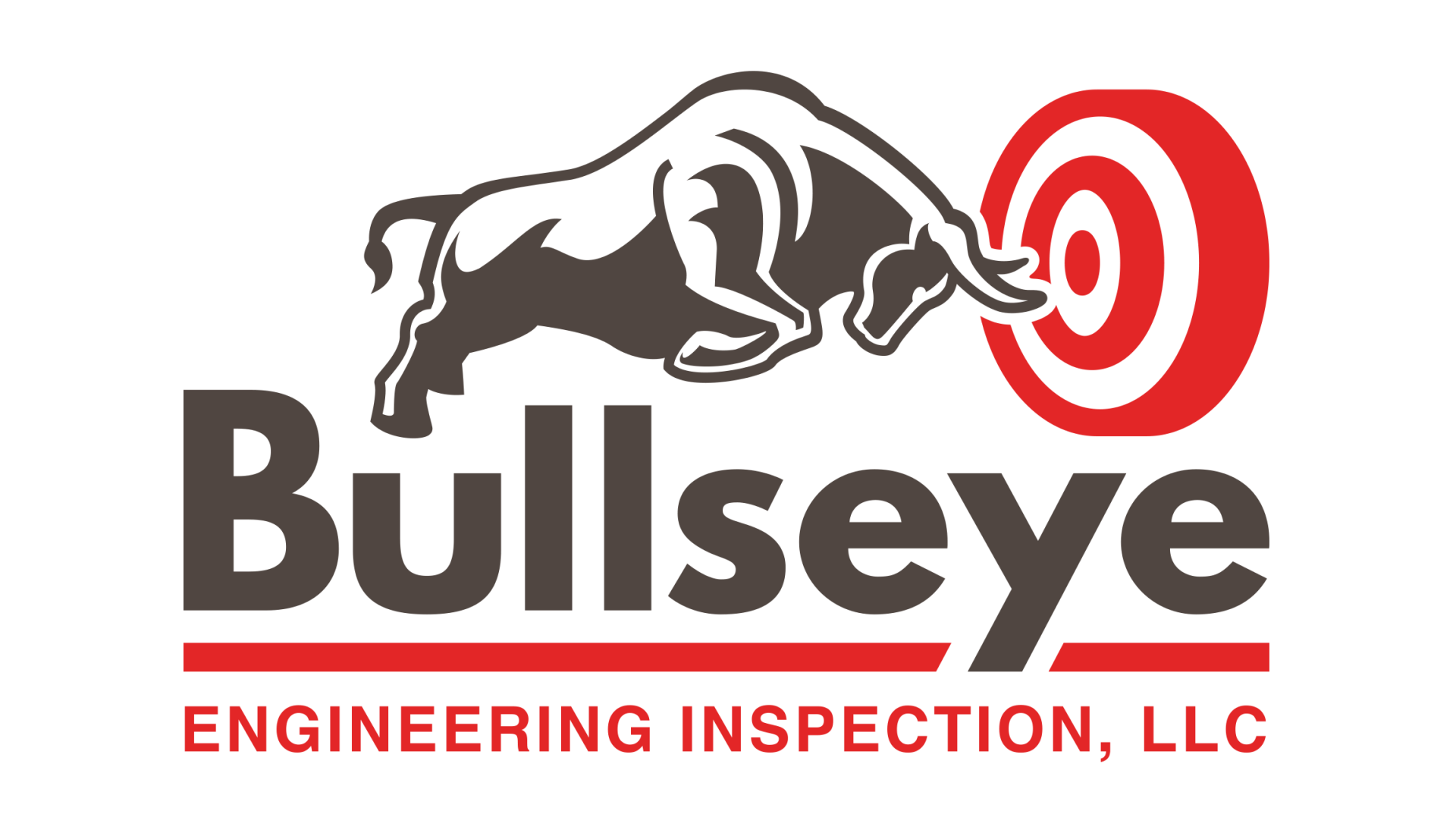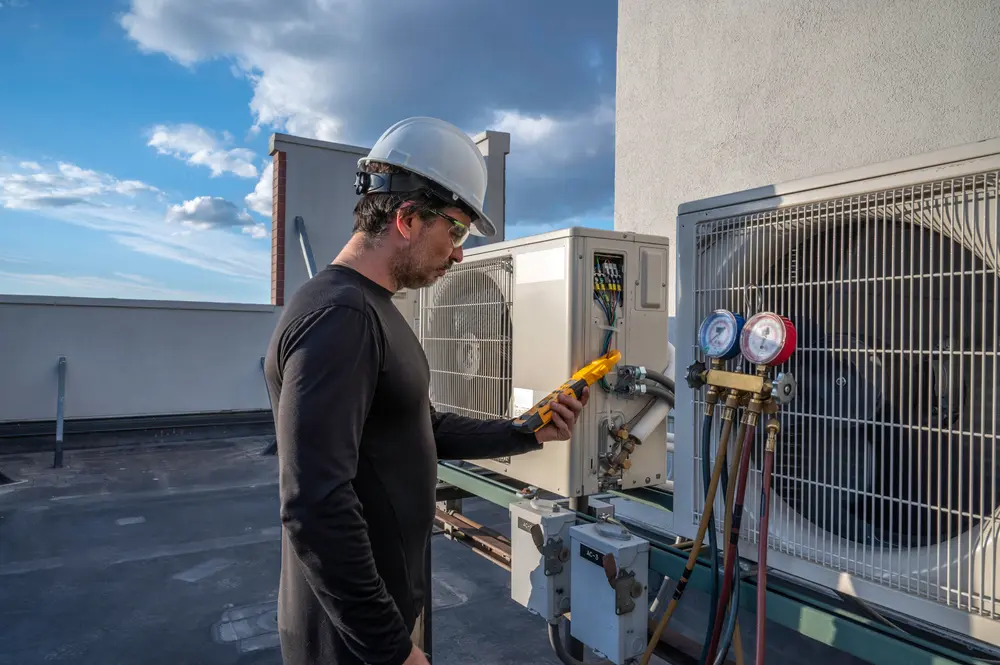
1. Meet Your HVAC Technician
When you schedule your first HVAC inspection with reputable HVAC inspection services, you can expect a warm welcome from your HVAC technician. They will arrive at your home with a friendly smile and a professional demeanor, ready to assist you with all your HVAC needs. Establishing a good rapport with your technician is essential as it fosters clear communication and ensures a smooth inspection process.
Your HVAC technician will introduce themselves and provide you with an overview of the inspection process. They will explain what they will be checking, why each step is important, and how long the inspection is expected to take. Feel free to ask any questions you may have at this point to gain a better understanding of the upcoming inspection.
During the inspection, your HVAC technician will meticulously examine your HVAC system, including the furnace, air conditioner, ductwork, and other components. They will check for any signs of wear and tear, assess the system’s performance, and identify any potential issues that may need attention. This thorough evaluation is crucial for ensuring the optimal functioning of your HVAC system.
2. Understanding Your HVAC System
As part of your first HVAC inspection, it’s important to gain a basic understanding of how your HVAC system works. Your technician will explain the different components of your system, such as the air handler, evaporator coil, condenser unit, and thermostat. Understanding these parts and their functions will help you appreciate the importance of regular maintenance and timely repairs.
Your technician will also discuss the energy sources that power your HVAC system, whether it’s electricity, gas, or oil. They will explain how each energy source affects the efficiency and performance of your system, providing you with valuable insights on optimizing energy usage and reducing utility costs. This knowledge empowers you to make informed decisions regarding your HVAC system.
3. The Importance of Air Quality Assessment
During your HVAC inspection, air quality assessment plays a crucial role in ensuring a healthy indoor environment for you and your family. Your technician will test the air quality in your home, checking for pollutants, allergens, and other harmful particles. By identifying potential air quality issues early on, you can take proactive steps to improve the air you breathe.
In addition to testing the air quality, your technician will inspect the filtration system of your HVAC system. They will advise you on the importance of regular filter replacements to maintain clean indoor air and prevent the circulation of contaminants. Proper filtration is key to enhancing indoor air quality and promoting a comfortable living space.
Your technician may also recommend air purifiers or ventilation solutions to further enhance the air quality in your home. These additional measures can help remove impurities from the air, reduce allergens, and create a healthier living environment. By addressing air quality concerns during your HVAC inspection, you can enjoy cleaner, fresher air throughout your home.
4. Exploring Ventilation Solutions
Ventilation is a critical aspect of your HVAC system that directly impacts indoor air quality and comfort. Your HVAC technician will assess the ventilation system in your home, checking for proper airflow, ventilation rates, and ventilation design. Effective ventilation ensures the proper distribution of heated or cooled air throughout your home, maintaining consistent temperatures in every room.
During the inspection, your technician may recommend adjustments to your ventilation system to optimize its performance. This could involve cleaning ducts, sealing leaks, or installing additional vents to improve airflow. Proper ventilation not only enhances indoor air quality but also helps maximize the efficiency of your HVAC system, resulting in lower energy bills and increased comfort.
5. Insights into Ductwork Inspection
Ductwork plays a vital role in the operation of your HVAC system, as it distributes heated or cooled air throughout your home. Your technician will inspect the ductwork for any leaks, blockages, or damage that could hinder the airflow and reduce system efficiency. Identifying and addressing ductwork issues is essential for maintaining a balanced and efficient HVAC system.
Your technician will also check the insulation of your ductwork to ensure that it meets current standards and prevents energy loss. Properly insulated ducts help minimize heat transfer and maintain optimal indoor temperatures, improving the overall performance of your HVAC system. A thorough ductwork inspection is key to maximizing comfort and energy savings in your home.
6. Efficiency Checks: Heating and Cooling Performance
One of the primary objectives of your HVAC inspection is to evaluate the efficiency of your heating and cooling systems. Your technician will assess the performance of your furnace and air conditioner, checking for any issues that could affect their efficiency. They will measure airflow, temperature differentials, and energy consumption to ensure that your systems are operating at peak performance.
If any inefficiencies are identified during the inspection, your technician will provide recommendations for improving the efficiency of your HVAC system. This could include adjusting settings, upgrading components, or scheduling regular maintenance to optimize performance. By addressing efficiency issues proactively, you can enjoy reliable heating and cooling while reducing energy costs.
7. Discussion on Maintenance Tips and Schedules
Throughout your HVAC inspection, your technician will share valuable maintenance tips and schedules to help you keep your system in top condition. They will advise you on simple tasks you can perform, such as changing filters, cleaning vents, and inspecting thermostat settings. Following a regular maintenance schedule is vital for preventing breakdowns and prolonging the lifespan of your HVAC system.
Your technician will also discuss the importance of professional maintenance services to address more complex issues and ensure the longevity of your HVAC system. They will recommend a maintenance plan tailored to your system’s needs, outlining periodic inspections, tune-ups, and repairs. By adhering to a maintenance schedule, you can rest assured that your HVAC system will continue to operate efficiently.
8. Cost Estimates and Potential Recommendations
As your HVAC inspection nears its conclusion, your technician will provide you with cost estimates for any recommended repairs or upgrades. They will explain the scope of work involved, the cost implications, and the benefits of each recommendation. Understanding the potential costs upfront allows you to make informed decisions regarding your HVAC system.
Your technician may offer suggestions for enhancing the performance and efficiency of your HVAC system, such as upgrading to a programmable thermostat, installing a zoning system, or improving insulation. They will highlight the long-term savings associated with these investments and help you prioritize upgrades based on your budget and comfort preferences.

